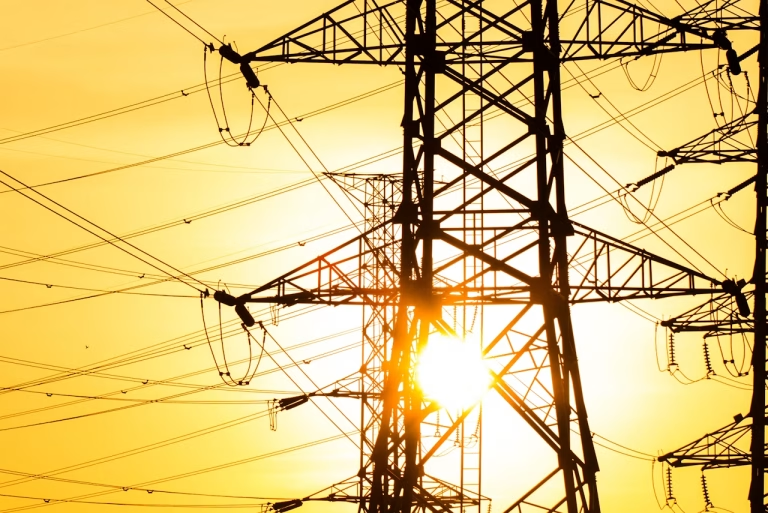The Kenya Electricity Transmission Company Limited (KETRACO) has entered into a partnership with Adani Energy Solutions, a subsidiary of the Indian conglomerate Adani Group, to construct transmission lines and substations in Kenya. This collaboration represents Kenya’s inaugural power project to be financed through a public-private partnership model.
Adani Energy Solutions will be responsible for securing the necessary funding, comprising both debt and equity, which will be reimbursed over the duration of the 30-year project agreement. The project, with an estimated cost of KSh 95.68 billion (approximately $736 million), will be executed through a competitive bidding process overseen by both KETRACO and Adani.
Opiyo Wandayi, Kenya’s Cabinet Secretary for Energy and Petroleum, described the agreement as a pivotal step in developing, financing, constructing, operating, and maintaining crucial transmission lines and substations throughout the country. He emphasized that the initiative is in line with the government’s objectives to broaden electricity access, reduce power outages and transmission inefficiencies, and ultimately bolster the nation’s energy infrastructure, thereby contributing to Kenya’s economic and social progress.
The scope of the project includes the construction of a 400kV (Double-Circuit) transmission line stretching 208.73 km from Gilgil to Thika, Malaa, and Konza, along with new substations. Additionally, a 220kV line extending 99.98 km will be developed with substations at Rongai, Keringet, and Chemosit. The 132kV line, which will run for 89.88 km, will feature substations at Menengai, Ol Kalou, and Rumuruti. Further substations are planned to support the 400kV transmission network, which will enhance regional power stability and extend the local distribution grid.
In a related development, Apeiro Ltd, a company linked to Adani, has recently joined forces with a Safaricom-led consortium to modernize Kenya’s healthcare system through the deployment of an Integrated Healthcare Information Technology System (IHTS). Kenya is currently addressing challenges with its power transmission system, including blackouts caused by new connections that have outpaced the necessary infrastructure upgrades, leading to capacity issues.
The country is also making strides to attract skilled foreign workers, having introduced a digital nomad visa. Concurrently, internet services are expanding, with the launch of Starlink’s affordable plans in Kenya and Safaricom’s enhancements to its fibre internet speeds, alongside power-demanding projects like data centers. Moreover, Kenya is witnessing growth in off-grid initiatives, particularly in the electric vehicle (EV) sector. Chinese EV manufacturer Chery is investing $20 million in the local EV market, while solar startups such as d.light are seeking to expand their operations within the country.


